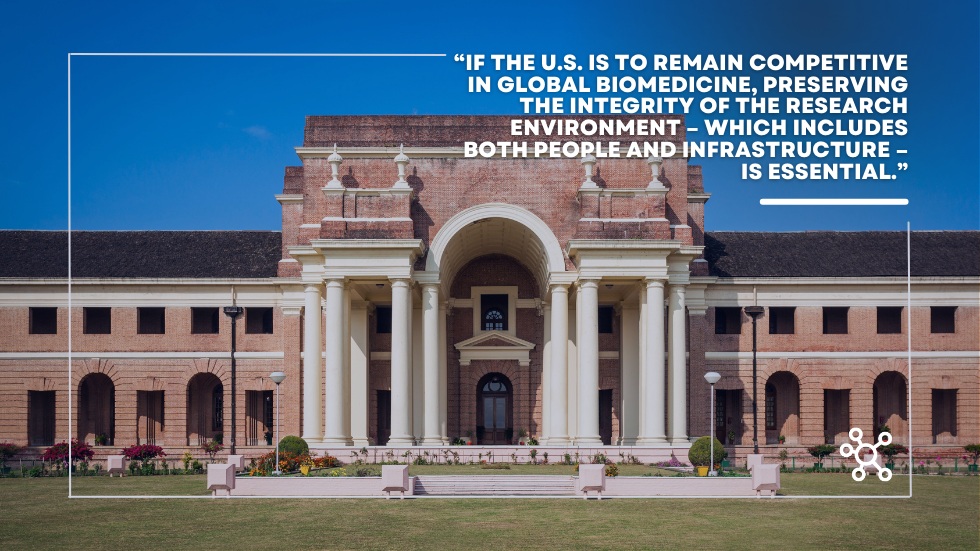Authors: Tara Smylie, Natalie Zimmerman
Many people think getting hired, and career advancement in general, happen primarily based on merit. But is this always the case? The answer is complicated.
Too often, we’re told that our skills, grades, awards and accolades are what truly seal the deal. Of course, these achievements can help your chances of getting hired, or moving up in your career. However, the old adage, “it’s not what you know, but who” rings true – and nowhere is it more pronounced than in the employment world.
This principle doesn’t just apply to getting an entry-level job. Building strong relationships with powerful people can land you new opportunities, promotions, and general good favor in any professional environment, throughout your career.
So, what creates strong loyalty? There is no one answer to this question, but it’s in fact a mix of rapport, dedication, and the ability to tell a compelling story. Below, we’ll explore how these factors come into play to make loyalty a competitive factor in the hiring process.
Benefits of Building Loyalty over Merit
It comes down to this: when someone is loyal to you, they are inclined to support you above others – for reasons that may seem arbitrary to an onlooker. But loyalty is built on relationships, and relationships, particularly professional relationships, do not happen arbitrarily.
The formation of these long-lasting, loyalty-building relationships in the workplace boils down to the art of showing just the right amount of humanity. Of course, in a workplace setting, it’s important to keep it professional – but letting little bits of yourself be known can help to build a personal rapport.
Extensive research has also shown that networking like this can lead to more job opportunities, broader and deeper knowledge of your industry, more potential for innovation, faster career advancement, and an increase in status in the professional world. In short: the stronger and more loyal your relationships, the more likely they are to lead to these opportunities.
Inspiring Loyalty
When it comes to building a connection, the little things matter. Indeed, it’s not always the flashier, ultra-extroverted moments of interaction that count. Sometimes simply holding the door, making someone a coffee, or paying the occasional sincere compliment go a long way.
Equally important is to show dedication. Your colleagues and higher-ups want to see that you’re emotionally present within your role at the company – that you understand the company’s values, goals, and mission statement.
Most of all, it’s imperative that you tell your story. This is the most fundamental communication skill you’ll need in the workplace – even and especially as a life scientist. Though it may not always seem to be true, the people you work with want to know who you are. What’s more, if they don’t know what you want out of the job, they won’t be able to help you achieve your goals if opportunities to do so come their way.
Often, a person who feels loyal to you will have a reason – whether that’s an affectionate personal anecdote they remember, a feeling of admiration for your accomplishments, or a sentiment of shared struggle. Therefore, if there’s someone whose loyalty you hope to gain, the best way to start is to connect with them on a personal level – and build your professional relationship from there.
How do Loyalty and Merit Mix?
One of the best ways to inspire loyalty and good favor at work is simple: be good at your job. It’s not just a number-crunching affair, though; it’s also about how you make your supervisors feel. If you show them you’ve taken the time to really understand the ins and outs of your position, and are committed to delivering top-notch performance, they will know they don’t have to worry about the work you bring to the table, and feel warmer, and ultimately more loyal towards you.
Long Term Benefits of Loyalty
When a person, or company as an entity, is loyal to you, they’re invested not just in your performance but in the story behind it. As they watch your career unfold, they’ll likely want to assist you in advancing your career in any way they can. As such, loyalty can lead to benefits even years down the line.
The feeling that your company is loyal to you can also make you subjectively happier at work. While it’s nice to get a good performance review or numerical return on a project, it can be truly enrich your experience at work to feel valued on a one-to-one, personal level.
Bottom Line: Personality over Paper
A resume can get you in the door – sometimes – but ultimately, it’s the relationships and rapport you build that really seal the deal.
Here at Sci.bio, we work with a variety of candidates from new graduates to experienced executives, and have myriad open roles. We pride ourselves on connecting our highly discerning clients with candidates who fit their specific needs. Check out our job search page to see current openings and follow us on LinkedIn for more information.
References:
- Learn to Love Networking
- As a Life Scientist, Do You Need Communications Skills?
- The Importance of Building Positive Relationships in the Workplace
Related Blogs:





